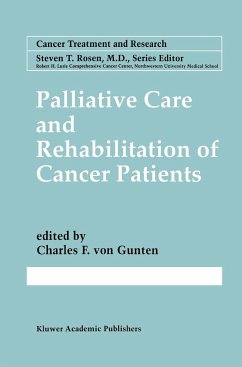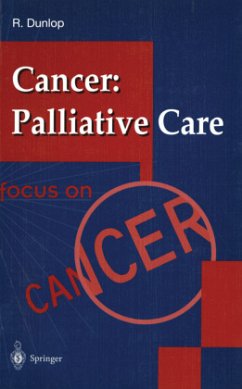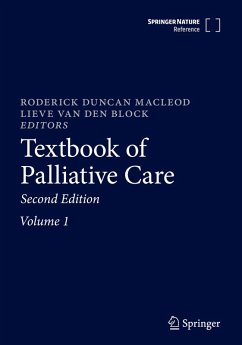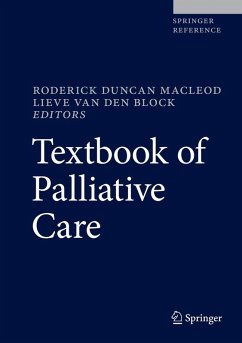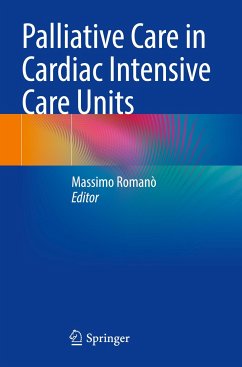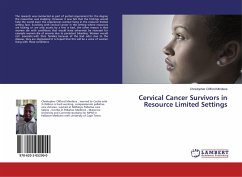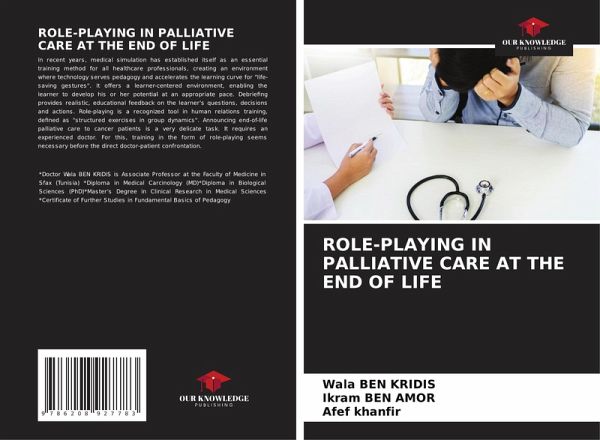
ROLE-PLAYING IN PALLIATIVE CARE AT THE END OF LIFE
Versandkostenfrei!
Versandfertig in 6-10 Tagen
29,99 €
inkl. MwSt.

PAYBACK Punkte
15 °P sammeln!
In recent years, medical simulation has established itself as an essential training method for all healthcare professionals, creating an environment where technology serves pedagogy and accelerates the learning curve for "life-saving gestures". It offers a learner-centered environment, enabling the learner to develop his or her potential at an appropriate pace. Debriefing provides realistic, educational feedback on the learner's questions, decisions and actions. Role-playing is a recognized tool in human relations training, defined as "structured exercises in group dynamics". Announcing end-of...
In recent years, medical simulation has established itself as an essential training method for all healthcare professionals, creating an environment where technology serves pedagogy and accelerates the learning curve for "life-saving gestures". It offers a learner-centered environment, enabling the learner to develop his or her potential at an appropriate pace. Debriefing provides realistic, educational feedback on the learner's questions, decisions and actions. Role-playing is a recognized tool in human relations training, defined as "structured exercises in group dynamics". Announcing end-of-life palliative care to cancer patients is a very delicate task. It requires an experienced doctor. For this, training in the form of role-playing seems necessary before the direct doctor-patient confrontation.



